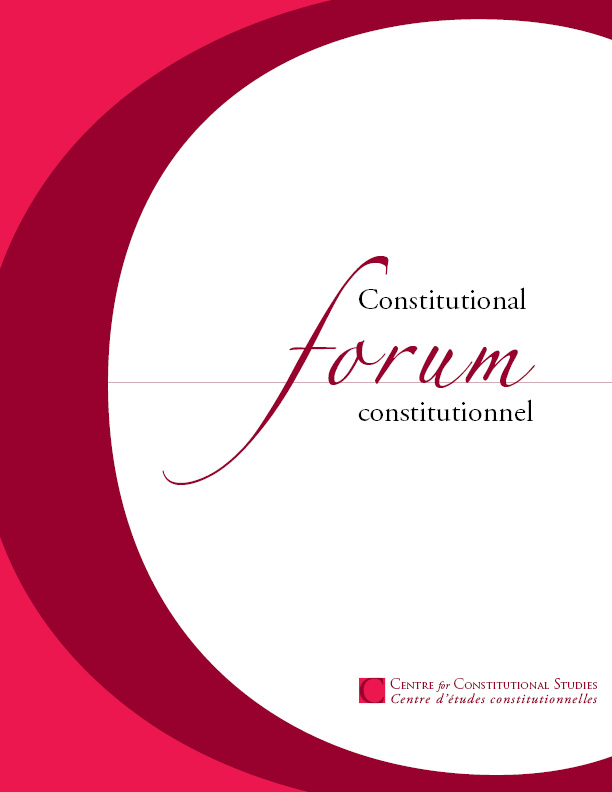The Politics of Campus Free Speech in Canada and the United States
DOI:
https://doi.org/10.21991/cf29397Abstract
Ontario Premier Doug Ford and US President Donald Trump have something in common: both recently issued directives to colleges and universities intended to promote free speech on campus. Premier Ford’s came first. In August 2018, shortly after winning the provincial election, Ford required all colleges and universities in the province to devise policies upholding free speech on their campuses in line with a minimum standard prescribed by his government. The policies were to be in place no later than January 1, 2019. Failure to comply would result in a reduction of operating grant funding from the province. President Trump’s executive order concerning “free inquiry” on American campuses was issued in March 2019. The order states that it is the policy of the federal government to encourage institutions of higher learning “to foster environments that promote open, intellectually engaging, and diverse debate, including through compliance with the First Amendment for public institutions and compliance with stated institutional policies regarding freedom of speech for private institutions.”1 Colleges and universities that fail to do so are threatened with the loss of federal research and education grants.
* Associate Professor, Department of Politics, Faculty of Liberal Arts and Professional Studies, York University where he teaches political theory.
1 Andy Thomason, “Here’s What Trump’s Executive Order on Free Speech Says”, The Chronicle of Higher Education (21 March 2019), online: <chronicle.com/article/Heres-Wat-Trumps-Executive/245943?cid+bn&utm_medium=en&cid=bn>. An executive order is a directive issued by the President of the United States in his capacity as head of the executive branch and has the force of law. Trump’s executive order on campus free speech is reproduced in its entirety online.
Downloads
Published
Issue
Section
License
Copyright (c) 2020 Stephen L. Newman*

This work is licensed under a Creative Commons Attribution-NonCommercial-NoDerivatives 4.0 International License.
Authors who publish with Constitutional Forum constitutionnel grant the journal the right of first publication, and agree to license the work under an Attribution-NonCommercial-NoDerivs (CC BY-NC-ND) that allows others to share the work for non-commercial purposes, with an acknowledgement of the work's authorship and initial publication in this journal, as long as no changes are made to the original work. Please use this format to attribute this work to Constitutional Forum constitutionnel:
"First published as: Title of Article, Contributor, Constitutional Forum constitutionnel Volume/Issue, Copyright © [year], Publisher"





